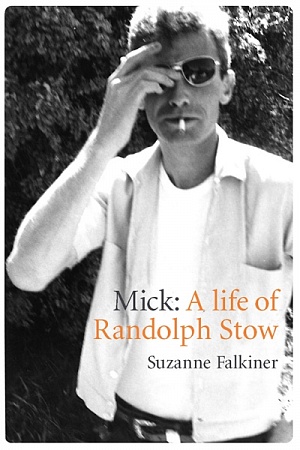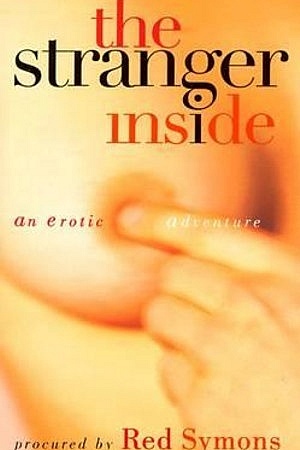Sweeney and the Bicycles
Transit Lounge, $32.99 pb, 408 pp
Swatting the drones
Philip Salom, now in his early seventies, has been a steady presence in Australian literature for more than four decades. Until a few years ago he was mainly known as a poet. He has published fourteen collections and won two awards for lifetime achievement in that field. Having turned to fiction in 2015, he has now published six novels. In Sweeney and the Bicycles, he returns to themes that have woven their way through much of his fiction: identity and selfhood, family and friendship, damage and healing, unlooked-for and unlikely middle-aged love.
Sweeney is a good-looking man with an acquired brain injury and a past involving an awful childhood, a few years living in a commune, another few years in jail, and now ownership of the prime piece of inner-Melbourne real estate that was his grandmother’s house. Along the way, he has collected a degree in literature, and he has just begun having treatment by a nice psychiatrist called Asha Sen. He is also a compulsive stealer of bicycles.
In this book about the nature of identity and the self, names are important, as are faces. Salom tells stories in realist mode about ordinary folk, but you could also call his books psychological novels and novels of ideas. Where, this novel asks, does the self reside? Is it in someone’s name or face, in memories, in family? The cast of characters here is a kind of social molecule, in which the main figures are connected at various angles and inhabit various different groupings. Sweeney has no immediate family, but the legacies of his father and his grandmother loom large in the hinterland of self. He has two homes, switching between the house he has inherited from his grandmother, where he lives alone surrounded by good memories, and a nearby boarding-house where he has found a kind of stand-in family made of social offcuts like himself. Sweeney is clearly a sweetie, but being bashed in jail has left him with personality problems: impulsiveness, lack of concentration, outbursts of anger.
Continue reading for only $10 per month. Subscribe and gain full access to Australian Book Review. Already a subscriber? Sign in. If you need assistance, feel free to contact us.











Leave a comment
If you are an ABR subscriber, you will need to sign in to post a comment.
If you have forgotten your sign in details, or if you receive an error message when trying to submit your comment, please email your comment (and the name of the article to which it relates) to ABR Comments. We will review your comment and, subject to approval, we will post it under your name.
Please note that all comments must be approved by ABR and comply with our Terms & Conditions.